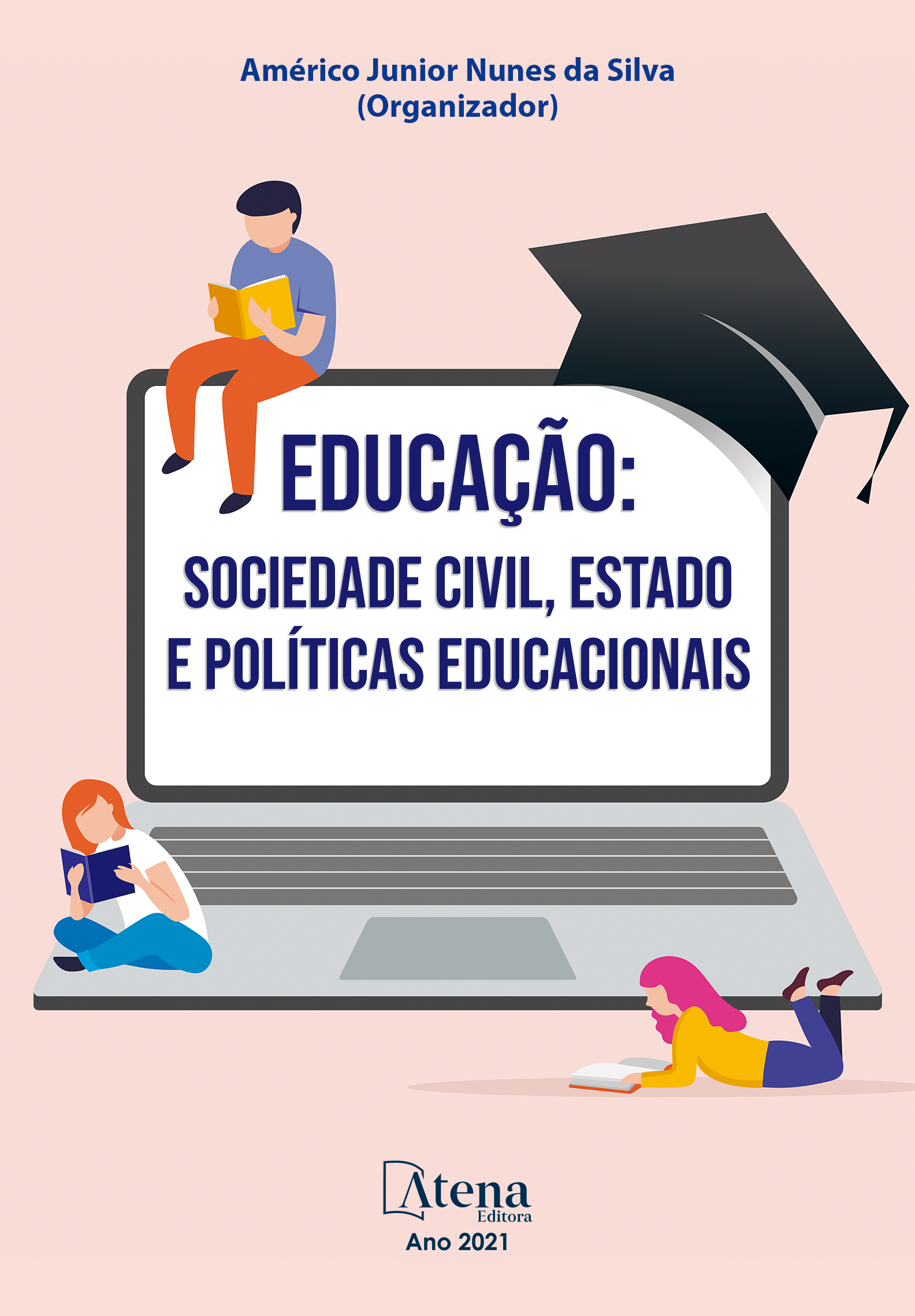
O ENSINO DA PROTEÇÃO DOS BENS CULTURAIS
O homem, ser ontologicamente social, exibe necessidade de conhecer e construir a compreensão acerca dos meios e dos processos fundamentais para a organização e a viabilidade do ato de viver. O conhecimento é um produto da atividade consciente do pensamento que determina a natureza social do ser humano e o condiciona a sua história e a sua cultura. Mas o homem não nasce pronto para a convivência em sociedade. É necessário que ele seja educado para aprender a conviver com a sua história e elaborações desta. Para tanto, foram criadas as diferentes instituições sociais dentro das sociedades, cuja função principal está em controlar certos setores do comportamento dos indivíduos, através da transmissão de padrões de comportamento e da cultura. Uma das formações sociais mais importantes que interage diretamente com a sociedade, influenciando e se deixando influenciar, é a organização educacional. Através dela, o homem aprende a conviver socialmente, assimilando a cultura, os padrões de comportamento, o conhecimento produzido. A educação também exerce o controle social do comportamento humano. Evidencia-se, com isso, a profunda interatividade que há entre educação e sociedade. O processo educativo deve exercer o papel social, mediando à sociabilidade e preparando o homem para a aplicação do conhecimento por meio do exercício da atividade transformadora da natureza. Neste contexto, faz-se mister a escolar desempenhar o papel de guardiã da elaboração cultural,
O ENSINO DA PROTEÇÃO DOS BENS CULTURAIS
-
DOI: 10.22533/at.ed.8192101028
-
Palavras-chave: Escola. Sociedade. Educação Patrimonial.
-
Keywords: School. Society. Patrimonial Education.
-
Abstract:
Man, being ontologically social, exhibits the need to know and build understanding about the means and processes that are fundamental to the organization and viability of the act of living. Knowledge is a product of the conscious activity of thought that determines the social nature of human beings and conditions their history and culture. But man is not born ready to live in society. It is necessary that he be educated to learn to live with his history and its elaborations. To this end, different social institutions were created within societies, whose main function is to control certain sectors of individuals' behavior, through the transmission of patterns of behavior and culture. One of the most important social formations that interact directly with society, influencing and allowing themselves to be influenced, is the educational organization. Through it, man learns to live socially, assimilating culture, patterns of behavior, the knowledge produced. Education also exercises social control over human behavior. This highlights the profound interactivity between education and society. The educational process must play a social role, mediating sociability and preparing man for the application of knowledge through the exercise of the transforming activity of nature. In this context, the school must play the role of guardian of cultural elaboration,
-
Número de páginas: 11
- Rubens Luís Freiberger
- Daniel Tenconi
- Danielle Martins Leffer
- Alisson André Escher
- Adelcio Machado dos Santos


